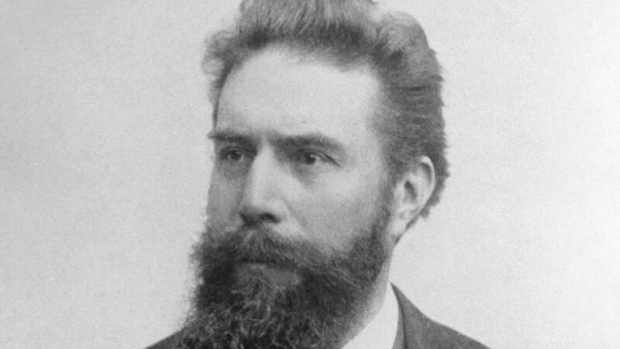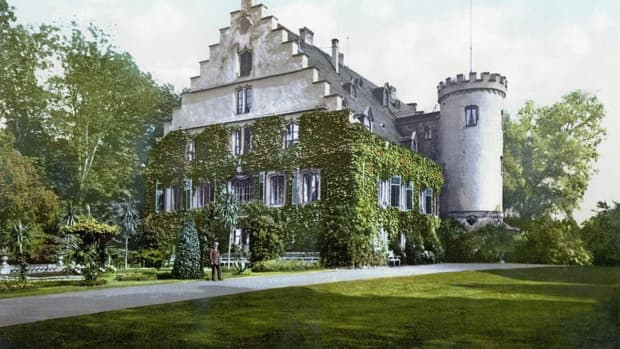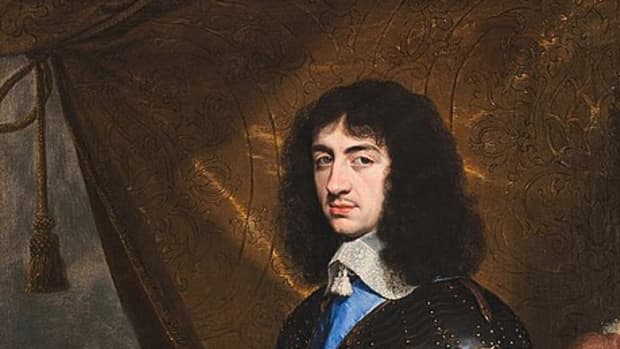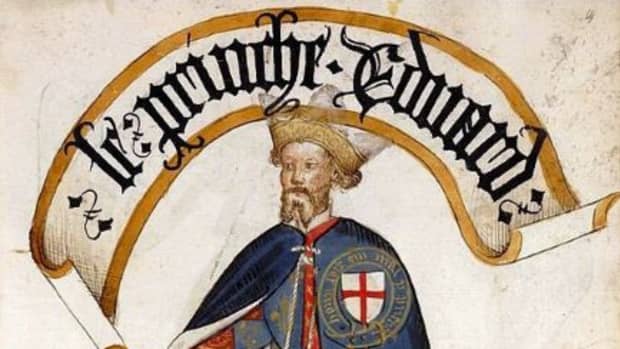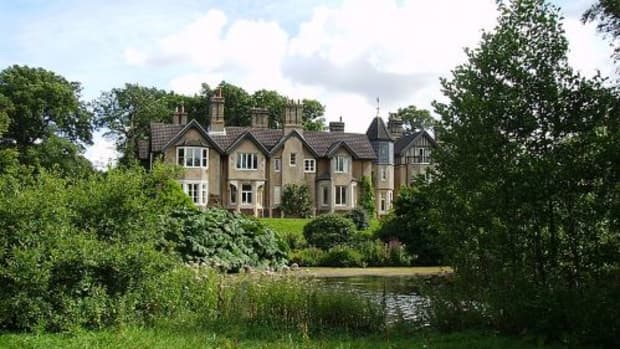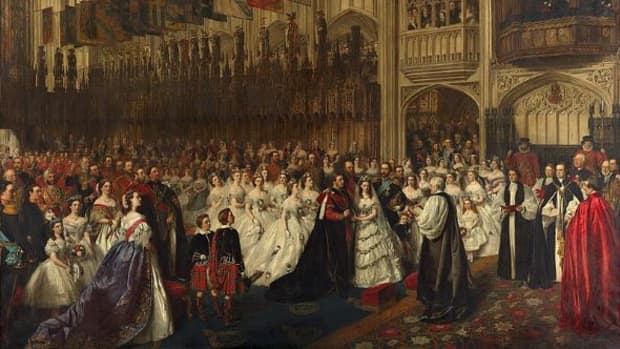Nazi & Convicted War Criminal: Prince Josias of Waldeck and Pyrmont
Josias of Waldeck and Pyrmont's Royal Connections
Prince Josias of Waldeck and Pyrmont was part of the huge network of early 20th-century European royalty. He was the nephew of Queen Victoria's daughter-in-law, Princess Helena, Duchess of Albany. Two of his other aunts were Queen Emma of the Netherlands and Maria, Princess of Wurttemberg.
By the end of World War Two, Josias and his cousin Charles Edward, Duke of Saxe-Coburg-Gotha, Helena's son, were infamous war criminals.
Born in May 1896, Josias was the last heir apparent to the Principality of Waldeck and Pyrmont as the eldest son of Prince Friedrich and his wife Bathildis of Schaumberg-Lippe. Josias had three younger siblings named Maximilian, Helena and Georg Wilhelm.
He graduated from Royal Wilhelm's Gymnasium in 1914 with a Notabitur. This was a certificate designed for pupils who wished to sign up for a military life straight from school.
Josias joined the German Army in time for the outbreak of World War One. He received several war wounds during the conflict.
Royal Josias Joins the Nazi Party and the SS
All of the German rulers were forced to abdicate when the war was lost. Josias' father Friedrich verbally abdicated on 13th November 1918. He never signed a document confirming his abdication, and this earned him the moniker of "Friedrich the Defiant".
Friedrich secured an agreement with the government that he and his descendants could remain at Arolson Castle, the ancestral home and that they could derive an income from the Arolson Forest.
On 25th August 1922, Josias married Duchess Altburg of Oldenburg, the daughter of the last reigning Grand Duke of Oldenburg, Friedrich August II and Elisabeth Alexandrine of Mecklenberg-Schwerin. The wedding was held at Rastede Castle in Lower Saxony.
They had five children. Margarethe was born in 1923, Alexandra in 1924, Ingrid in 1931, Wittekind in 1936 and Guda in 1939.
Josias and Altburg joined the Nazi Party in 1929, and he entered the notorious SS (Schutzstaffel) in 1930. Prince Wittekind's godfathers included Adolf Hitler and Heinrich Himmler.
SS Obergruppenfuhrer and Buchenwald Concentration Camp
Josias rose through the ranks of the SS, and by 1939, he was in the Higher SS and appointed the Police Leader for Weimar. He reported to his close friend Himmler.
During the Second World War, Josias of Waldeck and Pyrmont achieved the highest rank in the SS as an Obergruppenfuhrer, and he oversaw the annihilation of thousands of Jews at Buchenwald Concentration Camp and its satellite camps in the Waldeck and Pyrmont area.
As 1945 dawned and defeat became inevitable, Josias was instrumental in trying to cover up the atrocities that were carried out at Buchenwald. This cruel and self-serving effort saw prisoners sent on marches until they keeled over from exhaustion.
Recommended
Other Jewish prisoners endured transportation on sealed trains with no sanitation or nourishment for several days; the majority of the so-called walkers and passengers died before they reached a destination.
On 13th April 1945, Josias was arrested for war crimes at Buchenwald by General Patton's forces. The Allied army liberated the concentration camp the same day at 15:15. The clock shows this time permanently.

The entrance of Buchenwald. The clock permanently shows 3.15, the time of the camp's liberation on 13th April 1945.
Wikipedia/Chlode CC4.0
The Buchenwald Trial at Dachau
Josias' father Friedrich passed away on 26th May 1946, and an incarcerated Josias became head of the dynasty. He took on the title of Prince of Waldeck and Pyrmont.
The Buchenwald Trial, also known as the United States of America Versus Josias, Prince of Waldeck et al., was held between April and August 1947 at the site of the former Dachau concentration camp near Munich in Bavaria.
On 14th August 1947, Josias was sentenced to life imprisonment for his war crimes. 29 men and 1 woman, all Nazis, guards and doctors were also sentenced. Only nine of them received the death sentence, and these were commuted later.
Josias was taken to the Landsburg War Criminal Prison in Bavaria.
On 17th September 1949, an appeals court downgraded his Nazi status and culpability. His punishment was adjusted. Seventy percent of his wealth and property was seized in restitution, and substantial fines were levied.
He was released from prison on 29th November 1950.
In 1953 Josias' fines were lessened by over 50%.
Did he literally get away with murder?

The Buchenwald Memorial: Revolt of the Prisoners or Revolte der Gefangengen by Fritz Cremer (1906–1993)
Wikipedia/Bundesarchiv Bild CC3.0
Schaumberg Castle
The rest of Josias' life was spent in seclusion in Schaumberg Castle in the Rhineland-Palatinate, West Germany. The shadow of his war crimes followed him; he was the subject of investigations carried out in the 1950s and 1960s. No charges were brought against him, probably due to a lack of tangible proof.
He died on 30th November 1967 at Schaumberg Castle. He was buried in the Waldeck and Pyrmont dynasties' burial grounds at Rhoden. Josias' widow Altburg lived until 2001; she was laid to rest beside Josias.
Their son Wittekind became the head of the dynasty in 1967, and he remains so to this day. His residence is Arolson Castle.
Sources
- Schutzstaffel: The SS
Offering military, political, and cultural collectibles usually with a German origin. - Former SS-Obergruppenfuerher Josias Erbprinz zu Waldeck-Pyrmont is sentenced to life in prison by Br
- Josias, Prince of Waldeck and Pyrmont | Unofficial Royalty
This content is accurate and true to the best of the author’s knowledge and is not meant to substitute for formal and individualized advice from a qualified professional.
© 2023 Joanne Hayle




